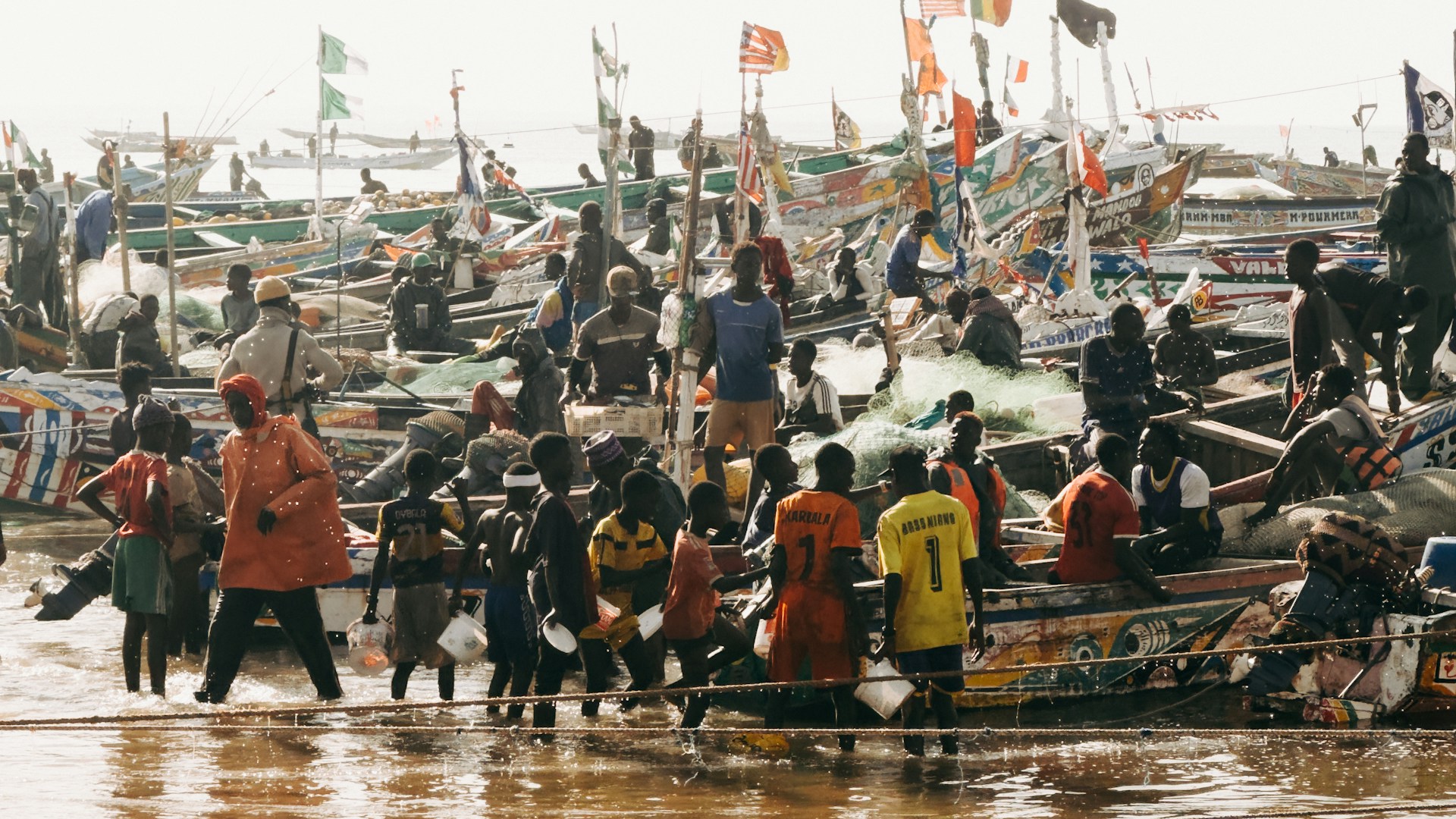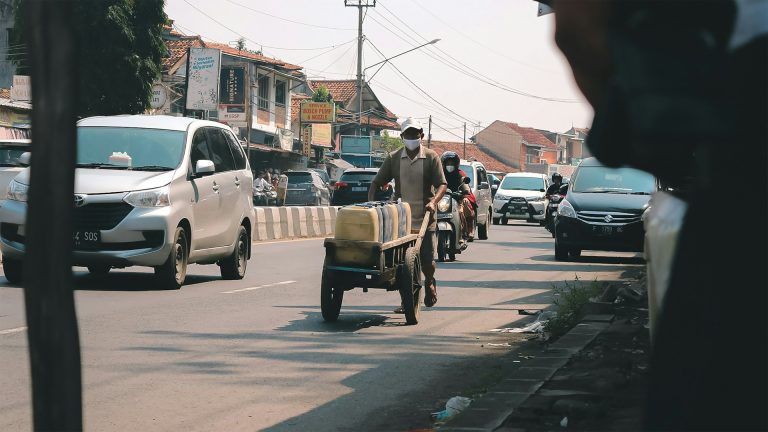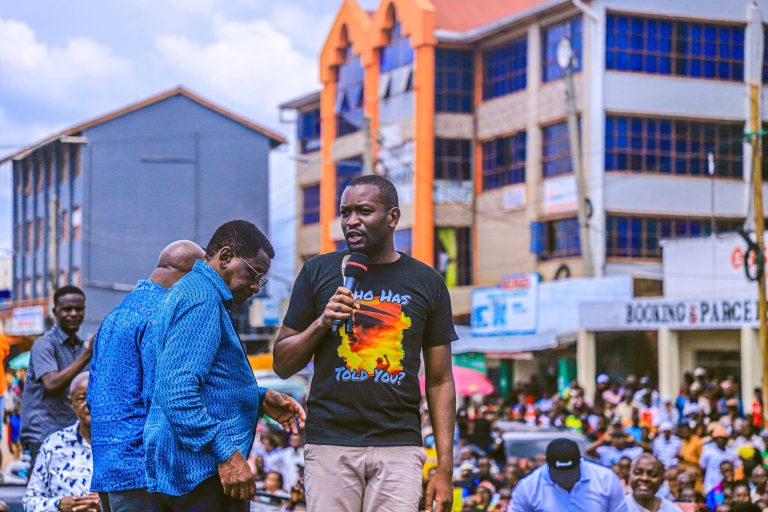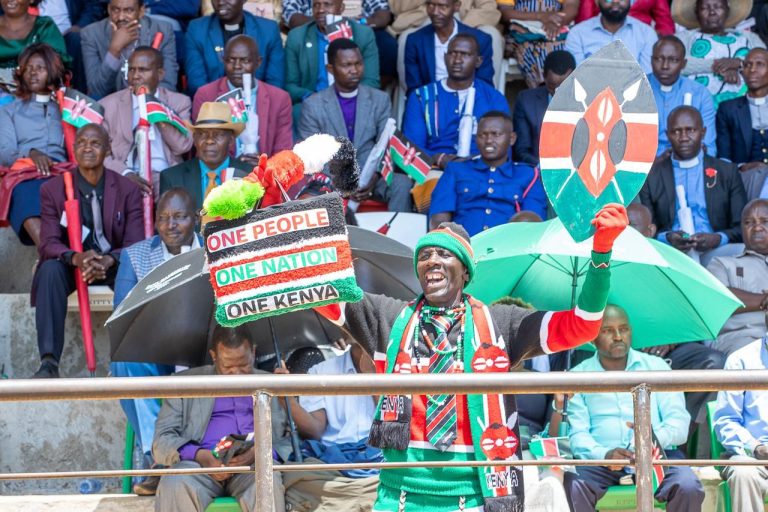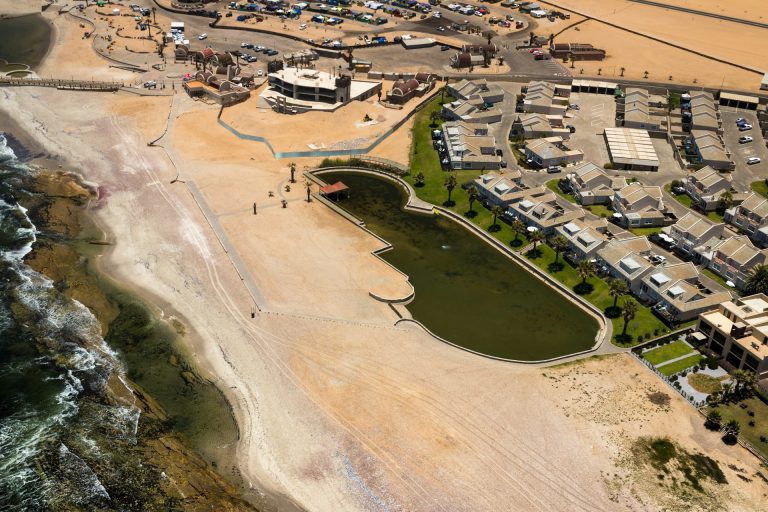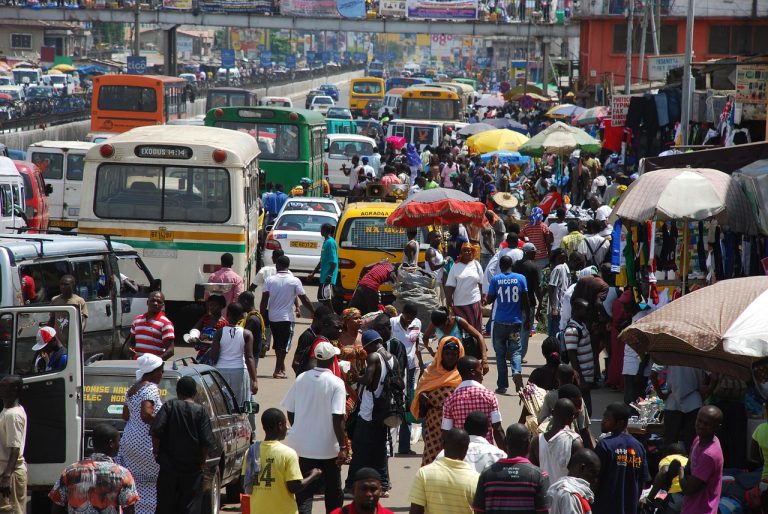- Moody’s cuts Senegal’s credit rating to Caa1
- Dakar raises $795m in bonds amid debt and political uncertainty
DAKAR, SENEGAL – A day after Moody’s downgraded Senegal’s sovereign credit rating to Caa1 citing surging debt, the West African nation defied market jitters by raising $795 million on the regional bond market.
The move underscored the paradox facing President Bassirou Diomaye Faye’s new administration: a country struggling with debt sustainability but still able to attract investors betting on its long-term stability and economic potential.
Moody’s on Thursday downgraded Senegal from B3 to Caa1, warning of “considerably increased risk” that the government could fail to meet external debt payments. The downgrade places Senegal’s debt in high-risk speculative territory, amplifying concerns over the country’s fiscal trajectory after a turbulent political transition.
Debt strain and investor nerves
Senegal’s public debt has climbed above 70% of GDP, a level analysts say is increasingly unsustainable. The government is devoting a growing share of its tax revenue to servicing debt, crowding out spending on education, healthcare and infrastructure.
“It is a major event that reflects concerns in the financial market,” said Djibril Gaye, a financial analyst based in Dakar. “High debt and the deterioration of public finances are strangling the budget and limiting room for manoeuvre.”
The downgrade also reflects political and policy uncertainty after the election of President Faye, who succeeded Macky Sall in 2024. Faye’s campaign rhetoric of economic sovereignty and his decision to audit key contracts in the oil, gas and infrastructure sectors have unsettled investors worried about potential renegotiations.
“While the new administration’s anti-corruption drive is understandable, it has created short-term uncertainty,” Gaye said. “Investors hate uncertainty – they need clarity on whether existing agreements will be honoured.”
Market defiance and search for credibility
Despite the downgrade, investor demand for Senegal’s latest bond sale was strong, with the offer oversubscribed by more than 150%, according to the Finance Ministry. Officials hailed the outcome as proof of “market confidence in Senegal’s fundamentals” even amid tighter fiscal conditions.
The bond — arranged by Impaxis Securities with Société Générale as co-arranger — was Senegal’s third public offering this year, bringing total borrowing in 2025 to nearly 3 trillion CFA francs ($5.3 billion). The government has increasingly turned to local and regional markets for financing as IMF disbursements remain suspended, pending clarity on debt sustainability and fiscal reforms.
Analysts say Senegal’s continued access to regional markets may buy it time but not stability. “If the government fails to secure an IMF programme soon, it risks sliding toward a debt crisis with severe economic consequences,” Gaye warned.
He urged authorities to announce a credible emergency plan with measurable targets to reduce deficits and stabilise debt. “An IMF agreement would serve as a label of credibility,” he said. “It reassures investors about fiscal discipline and unlocks immediate financial support.”
The new government faces the daunting task of rebuilding confidence while honouring campaign pledges of transparency and social reform. Economists say restoring investor trust will require clearer communication and policy consistency.
“Transparency is key,” Gaye added. “Investors and citizens must be regularly informed about the evolution of key indicators and the reforms undertaken.”
